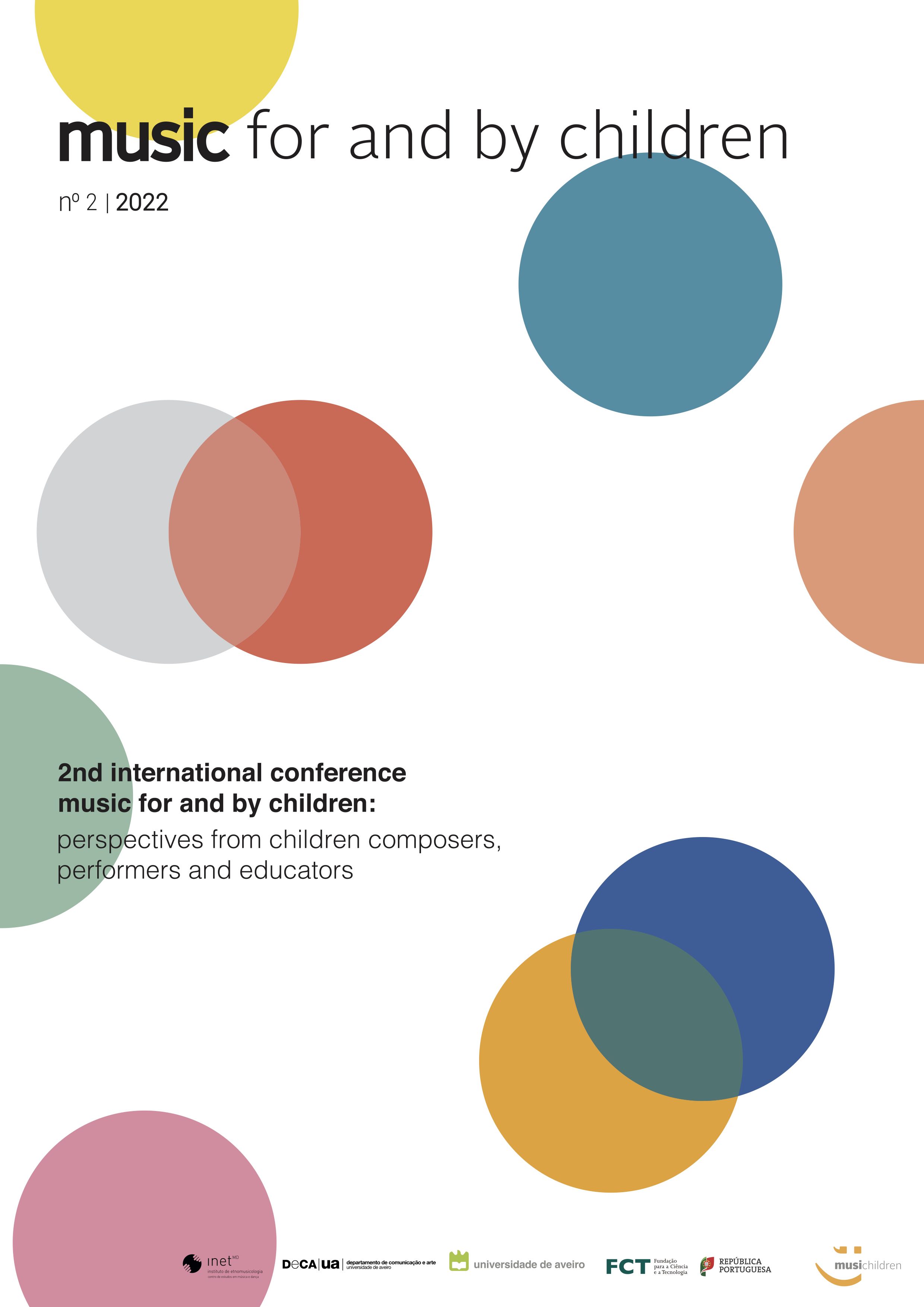Rhythmic Hooks
A Constructivist Grounded Theory Study into how Musical Attributes of Duration can Influence Engagement in 7-11-year-olds
Abstract
Theoretical background or Context
Student engagement is frequently compartmentalised into emotional, behavioural, and cognitive modes, whilst musical engagement is understood to have five forms: appreciative, explorative, directive, evaluative, and embodied (Brown, 2016). Brown (2016) describes how musical activities can activate each of these modes of engagement. However, little is known about how the musical attributes that exist within such musical activities can influence experiences of engagement.
Aims
The aim of this research was to gain an understanding of how duration-based musical attributes can contribute to forms of engagement amongst 7-11-year-olds. This age group was chosen due to a documented lack of consistency in primary school music education in the UK, which is thought to stem from low levels of both training and confidence (Daubney, Spruce, and Annetts, 2019). The new knowledge provided through this study offers educators the opportunity to understand how musical features can immerse and inspire pupils.
Methodology
A constructivist grounded theory methodology was adopted for this research, involving in-depth, qualitative interviews with twenty participating teachers who have at least two years of experience teaching music to classes of 7-11-year-olds in the UK. These teachers were selected using purposive sampling. Transcripts were analysed using initial, focused, and theoretical coding, during which emerging themes were strengthened through engagement with existing literature.
Results/Findings
Interview data demonstrated that there were six duration-based musical attributes which teachers related to Brown’s (2016) musical modes of engagement. These were:
- The use of ‘natural’ tempo,
- Sudden tempo changes,
- Gradual tempo changes,
- Syncopation,
- Cyclic rhythms, and
- Rhythmic simplicity.
All six of these attributes were found to be related to both embodied and appreciative engagement. The use of natural tempo and simple rhythms also linked to explorative engagement, due to their facilitation of improvisation, whilst cyclic rhythms and sudden tempo changes were related to evaluative engagement, as teachers identified how they could encourage reflection. Directive engagement was associated with the use of natural tempi, gradual tempo changes, and simple rhythms. This was partially due to the confidence that these attributes can inspire in children.
Conclusions/Final considerations
This paper is a part of a larger project, which explore attributes of pitch and timbre alongside duration and considers how cultural aspects can contribute to experiences of engagement.
In this paper, duration-based attributes that were identified by participants as engaging have been analysed and categorised. This offers clarity and understanding to both specialist and non-specialist primary school music educators with regard to rhythmic and tempo-based features and their relationship(s) with pupil engagement.
References (optional)
Brown, A. R. (2015). Engaging in a sound musicianship. The Child as Musician: A Handbook of Musical Development, 208-220.
Daubney, A., Spruce, G., & Annetts, D. (2019). Music education: State of the nation: Report by the all-party parliamentary group for music education, the incorporated society of musicians and the University of Sussex All Party Parliamentary Group for Music Education, University of Sussex.
References
Daubney, A., Spruce, G., & Annetts, D. (2019). Music education: State of the nation: Report by the all-party parliamentary group for music education, the incorporated society of musicians and the University of Sussex All Party Parliamentary Group for Music Education, University of Sussex.
Copyright (c) 2023 Music for and by children

This work is licensed under a Creative Commons Attribution 4.0 International License.





